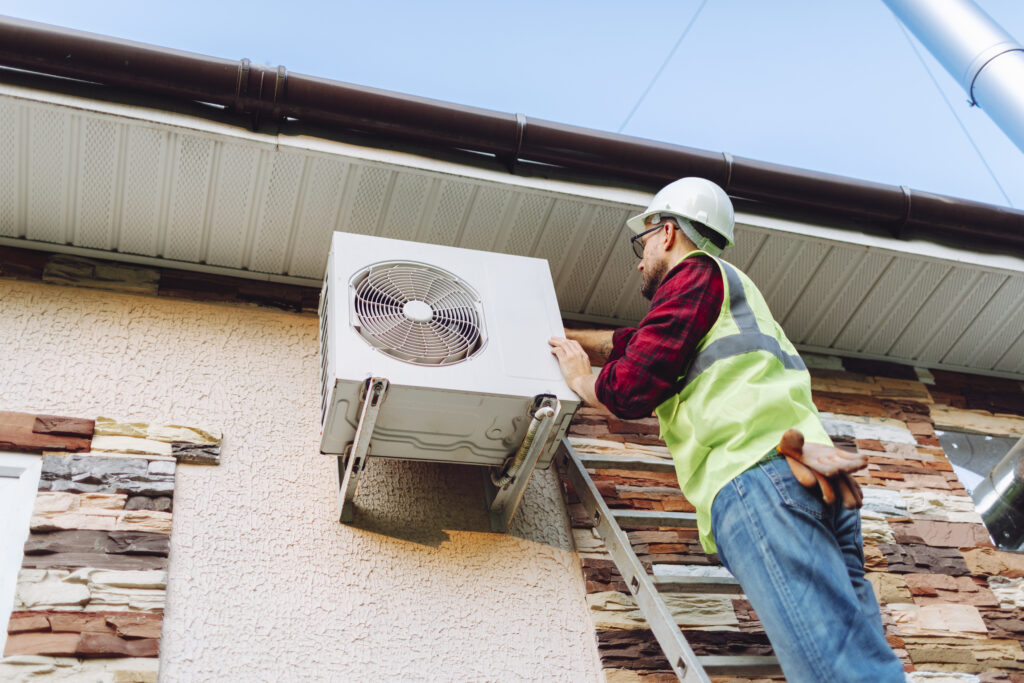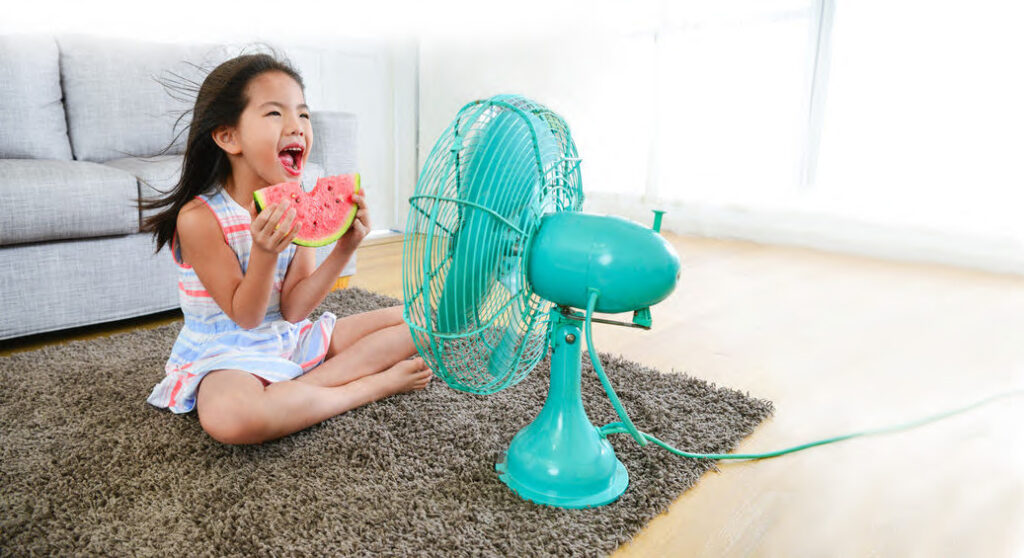HVAC Guide For Winter
For homeowners, the end of the fall and the beginning of winter can be a trying time. Heating costs will rise, the days will get shorter, and you may find yourself cooped up inside your house. Winter weather can be uncomfortable, but you don’t have to let it. This guide will help you keep your home warm and cozy all winter long without breaking the bank. When it comes to highland heating and air, this guide is there for you.
Change the Filter Regularly
Make sure your furnace’s filter is replaced or cleaned on a regular basis. This will keep your heating system running efficiently and save you money on costly repairs when worn-out equipment can be easily repaired, but make sure you keep your system’s filter clean. If it starts to look dirty, change the filter immediately before dirt and other debris begin to clog up the furnace. If you are unsure how frequently your air filter should be changed, you should contact a professional to come and inspect your system.
Heating the House Evenly
One of the most important things you can do to save money this winter is to keep your highland heating and air bill as low as possible by ensuring that all areas are heated evenly. Check for drafts around doors and windows and, if necessary, seal them with weather stripping or caulking. If there are any cold spots in rooms where people spend a lot of time, consider installing a small space heater to keep them warm rather than turning up the heat throughout the house.
Maintain Your Furnace’s Airflow System
Your furnace’s airflow system is a critical component that can save you money in the long run. To maintain your home’s energy efficiency and keep your heating bills low this year, you should have a professional inspect your furnace’s airflow system and repair any damage. If you notice that the blower is constantly running or if strange vibrations or sounds are coming from it, call a trusted technician to look at it as soon as possible so problems can be fixed before they become major issues.
You should also clean the fan in front of your furnace regularly and check that the filter is clean and replaced as needed. Keep an eye on and clean the unit’s front-mounted fan regularly; otherwise, your heating system won’t work as efficiently as it could be.
Check Your Heating Unit for Accuracy
Make sure your heating system is properly ventilated so that combustion gases are not recirculated back into the house. When using space heaters or any other type of supplemental heater, use caution because they can produce lethal carbon monoxide gas if used incorrectly. Monitor carbon monoxide levels in the home with a carbon monoxide detector.
Set up a programmable thermostat and program it to be responsive during peak usage periods to keep your family safe (i.e., when everyone is awake and active).
Check that your attic has adequate insulation and that no heat is escaping through any windows or doors, which can leave drafts behind and make it difficult for your heating system to keep up with demand. Having a professional inspect the workmanship of old HVAC systems may also be advantageous because they have been shown to waste a significant amount of energy due to poor insulation and other factors.
Inspect Pipes for Leaks and Damage
This is especially important if you live in an older home, as it will be more difficult to detect damage to the pipes until they burst. Check under sinks and behind appliances for drips or puddles, especially during the colder months when any water left unattended can quickly turn into ice, causing further damage to your home’s plumbing system if not repaired in a timely manner.
Consider having your heating system serviced by a professional once a year. To avoid burns, injuries, or death, keep pets and children away from vents or openings. Make sure your furnace is running at peak efficiency by having it cleaned once a year. If you notice an unusual odor coming from the heaters, look for signs of carbon monoxide poisoning.
In addition to having an HVAC professional come out regularly, you can help your heating system stay efficient this winter by ensuring that the airflow is maintained and that no debris or dust is obstructing it. You should also inspect the fan in front of your furnace on a regular basis for any signs of damage that could lead to further issues in the future.
Clean out Your Dryer Vent to Avoid Fires
A clogged dryer vent can cause a fire in two ways: the dryer overheats and catches fire, or the lint clogging your vent is flammable and contributes to a larger house fire.
It doesn’t take much for lint to build up and cause problems with how air flows through here because it’s often just a straight shot from the dryer into the wall. A quick brush down once a month can make a big difference in your dryer’s safety.
Keeping your home well heated during the winter is an important part of maintaining energy efficiency and keeping heating bills low this year, so keep an eye out for drafts that can make it difficult for your system to keep up with demand. Replace filters as needed, clean the fan in front of your furnace regularly, and ensure that all areas of the house are kept warm by checking for drafts around doors and windows.
Strittmatter Plumbing, Heating, and AC: We’ve Got You Covered
A healthy, comfortable temperature in your home is essential for a happy and productive lifestyle. Your HVAC system needs regular care to ensure optimal performance and comfort throughout the year. If you are experiencing any of these common issues with your HVAC unit, such as no cool air, strange noises, or excessive condensation, then it’s time to call Strittmatter Plumbing Heating & AC. We provide extensive world-class processes from programming your thermostat through zoning your home for maximum comfort. Trust our team of experts who can take care of anything from routine maintenance to emergency repairs on highland heating and air systems, cooling units, and more!






